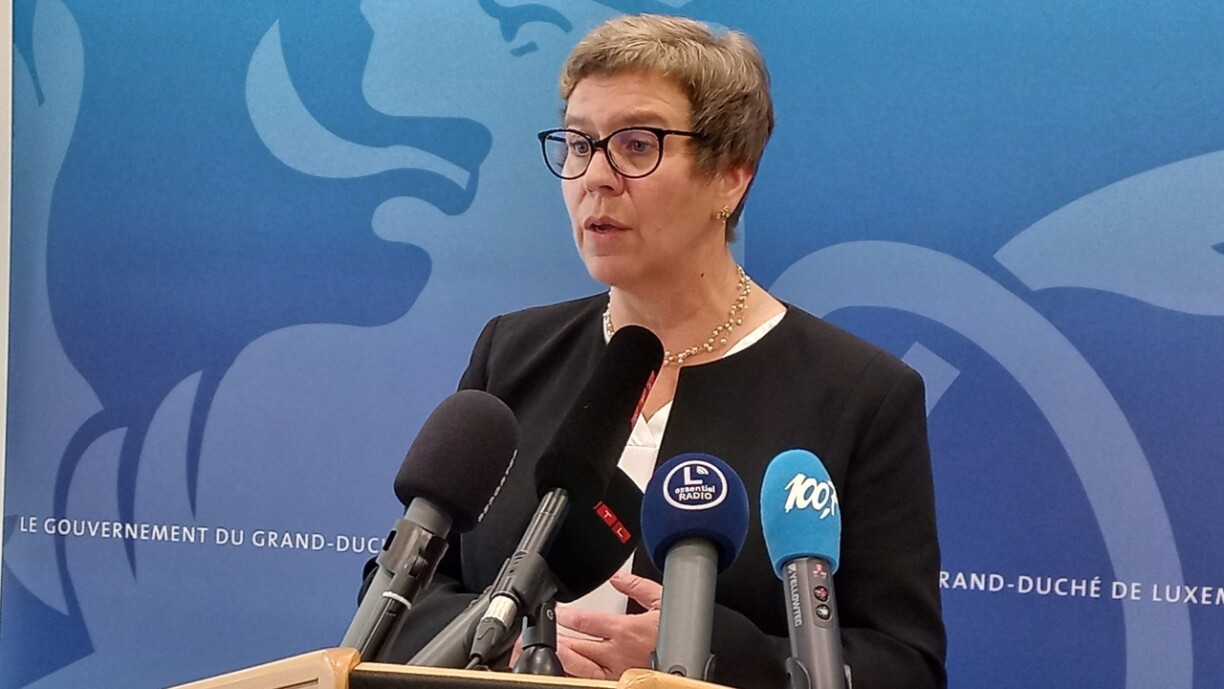
Minister of Health and Social Security Martine Deprez stated Wednesday morning that extending working life remains a consideration in Luxembourg’s pension reform discussions, though she emphasised no further proposals would be made before crucial talks with social partners on 9 July.
The Minister’s comments followed a parliamentary committee meeting where she addressed Prime Minister Luc Frieden’s proposal to gradually increase contribution periods for workers under 45. Under the plan, employees’ contribution period would increase by three months months every year to align actual retirement ages with the legal standard of 65.
While acknowledging this measure could temporarily reduce system funding needs, Deprez acknowledged it would not fully resolve financial sustainability challenges. “This alone isn’t sufficient,” she told reporters, noting the Prime Minister’s broader reform package also addresses elderly poverty and alternative financing through CO2 tax revenues.
Currently, pensions are funded through equal 8% contributions from employees, employers, and the state (totalling 24%). Deprez clarified that rising costs will eventually require higher contributions from all parties to maintain viability. Extending work periods would merely postpone rather than eliminate these increases, she noted.
The Minister declined to speculate on other reform options ahead of the negotiations with social partners on 9 July. “I want to first listen to what they have to say,” she stated.
Both Prime Minister Luc Frieden and Deputy Prime Minister Xavier Bettel have recently signalled openness to raising pension contributions – the favoured approach of trade unions to address the system’s financial shortfall. Minister Deprez clarified this does not represent government “backtracking”.
The Luxembourg Pension Fund is projected to face deficits by 2026, triggering a mandated parliamentary decision on reducing pension readjustments (the wage-linked supplement on top of indexation). While current law only requires contribution hikes when reserves dip below a critical threshold – forecast for 2039 – Deprez stressed that “doing nothing is not an option.”
The General Inspectorate of Social Security (IGSS) has modelled approximately 60 reform scenarios, providing what Deprez called “substantial room for negotiation” with social partners.
The Minister presented results from the government’s public consultation campaign, which revealed sharp divisions over extending working life, contrasting with broad agreement on core principles. Respondents showed strong polarisation regarding longer work periods, while demonstrating consensus on combating elderly poverty, ensuring generational fairness, and standardising rules across all economic sectors.
While opposition parties, including the Luxembourg Socialist Workers’ Party (LSAP), the Green Party (Déi Gréng), and the Left Party (Déi Lénk), dismissed the consultation as a “sham debate,” Deprez defended it as establishing a “joint understanding” and “solid foundation” for reforms.